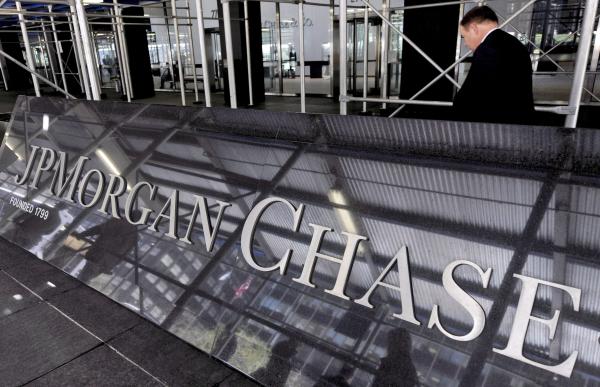NEW YORK – It’s not questionable that JPMorgan Chase is the largest bank in the country in regard of assets, where its profit hit $24 billion, least to be said an all-time high last year. JPMorgan has more than 200,000 employees. Now the New York-based bank is trying to tell to its shareholders one further thing: It’s not too big to fail.
JPMorgan asked shareholders to throwaway the populist drumbeat calling for the breakup of Wall Street banks, in a Securities and Exchange Commission filing Thursday. JPMorgan and other large banks have been at the center of a debate about whether they are so large that they could pose a threat to the economy, since the 2008 financial crisis.
Bernie Sanders, the Democratic presidential candidate has made the issue the center of his campaign, noting that even Neel Kashkar who used to rescue banks during the crisis, has piled on, noting that he managed before the $700 billion Troubled Asset Relief Program. As for now, president of the Federal Reserve Bank of Minneapolis, Kashkari said the issue needs to be studied. In an interview this week, he said “You can never eliminate all risk, and I don’t think we would want to, but I think we can go further than we’ve gone.”
Amid that backdrop, JPMorgan is fighting a proposal from one of its shareholders – Bartlett Naylor, a financial policy advocate for Public Citizen, a liberal activist group – that would direct the bank to establish a panel of its independent board members to study a breakup of its assets. Under the proposal, the massive bank would be broken into two smaller companies, one focused on lending to businesses and consumers, the other on investment banking.
Naylor pointed to some of JPMorgan’s most embarrassing missteps over the past few years to make his argument. In 2013, the bank lost more than $6 billion after its London traders placed bad bets on credit derivatives. The bank also has paid $30 billion in fines “because bank managers failed to prevent misconduct in a variety of operations,” Naylor said in his proposal.
In essence, the company stated that it studied the benefits of a breakup last year and reached to a conclusion that splitting off one or more businesses would likely negatively impact long-term shareholder value,” JPMorgan said.
In a separate letter to shareholders, JPMorgan chief executive Jamie Dimon, who is fond of calling the bank’s balance sheet a fortress, also defended the bank. “Nearly every year since the Great Recession, we have improved virtually every measure of financial strength, including many new ones,” he said.
